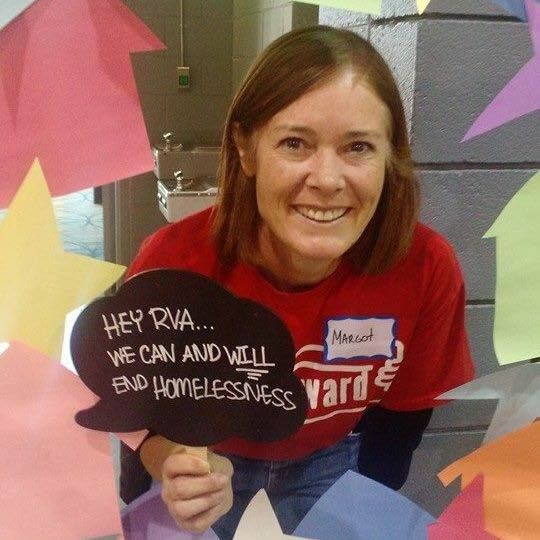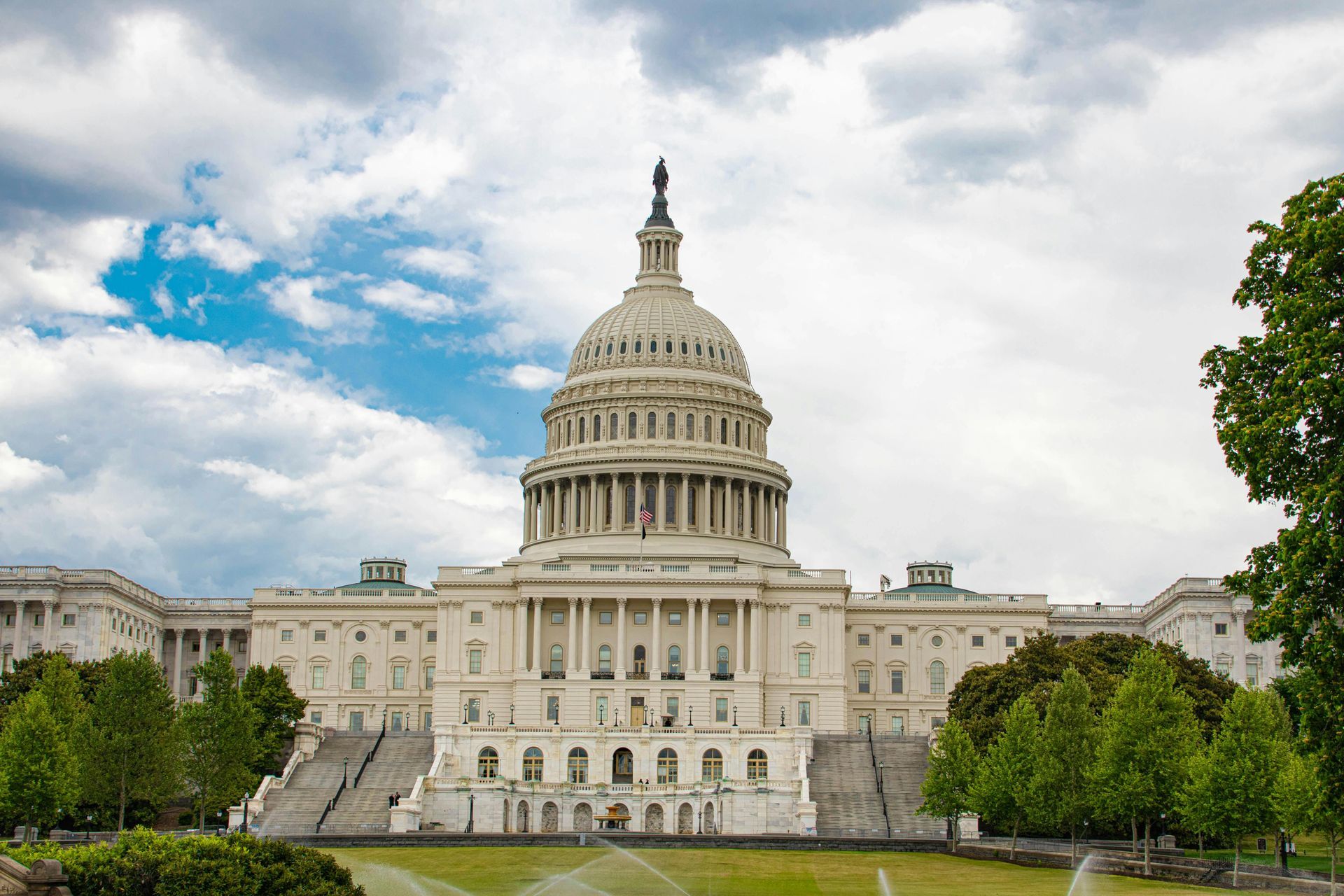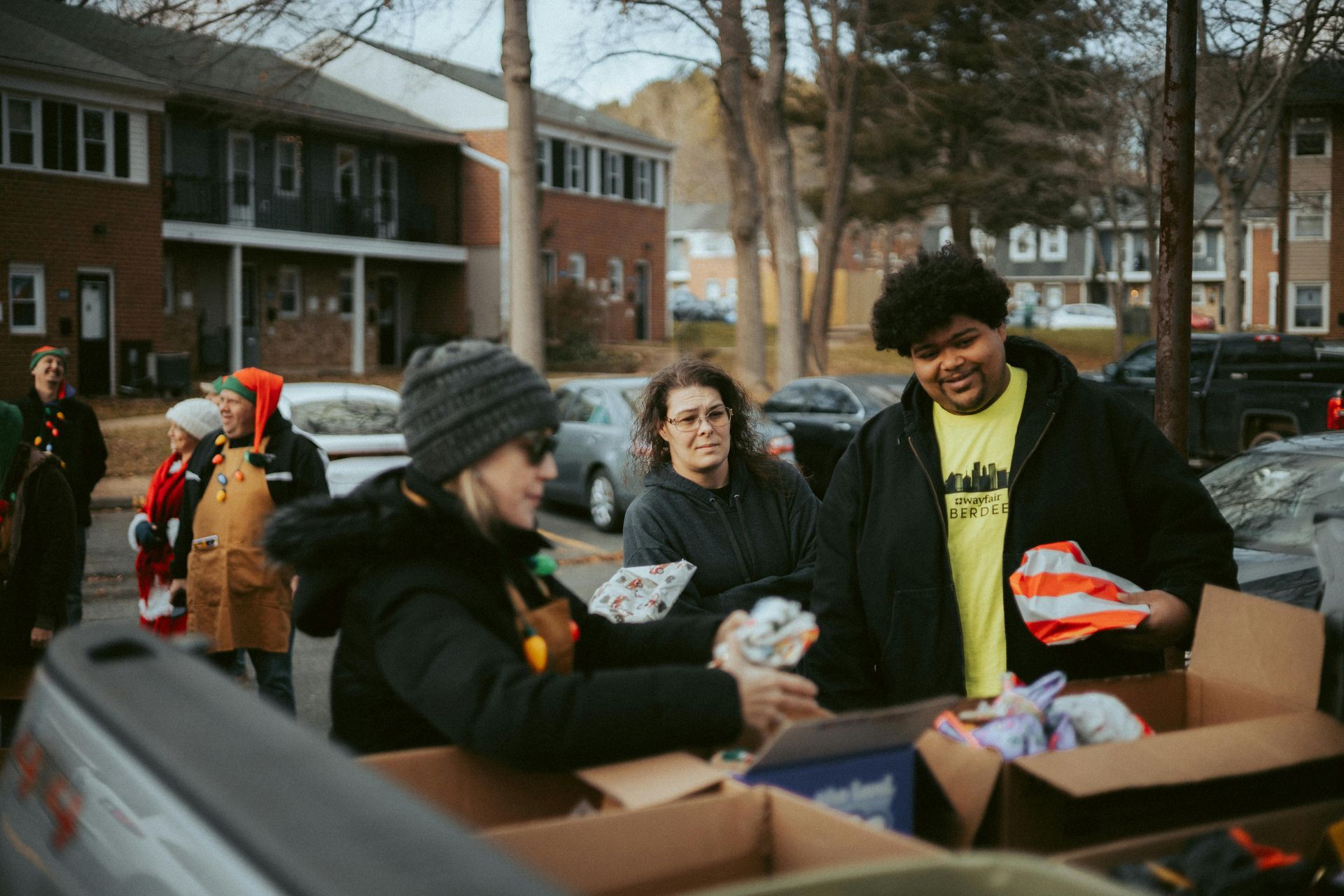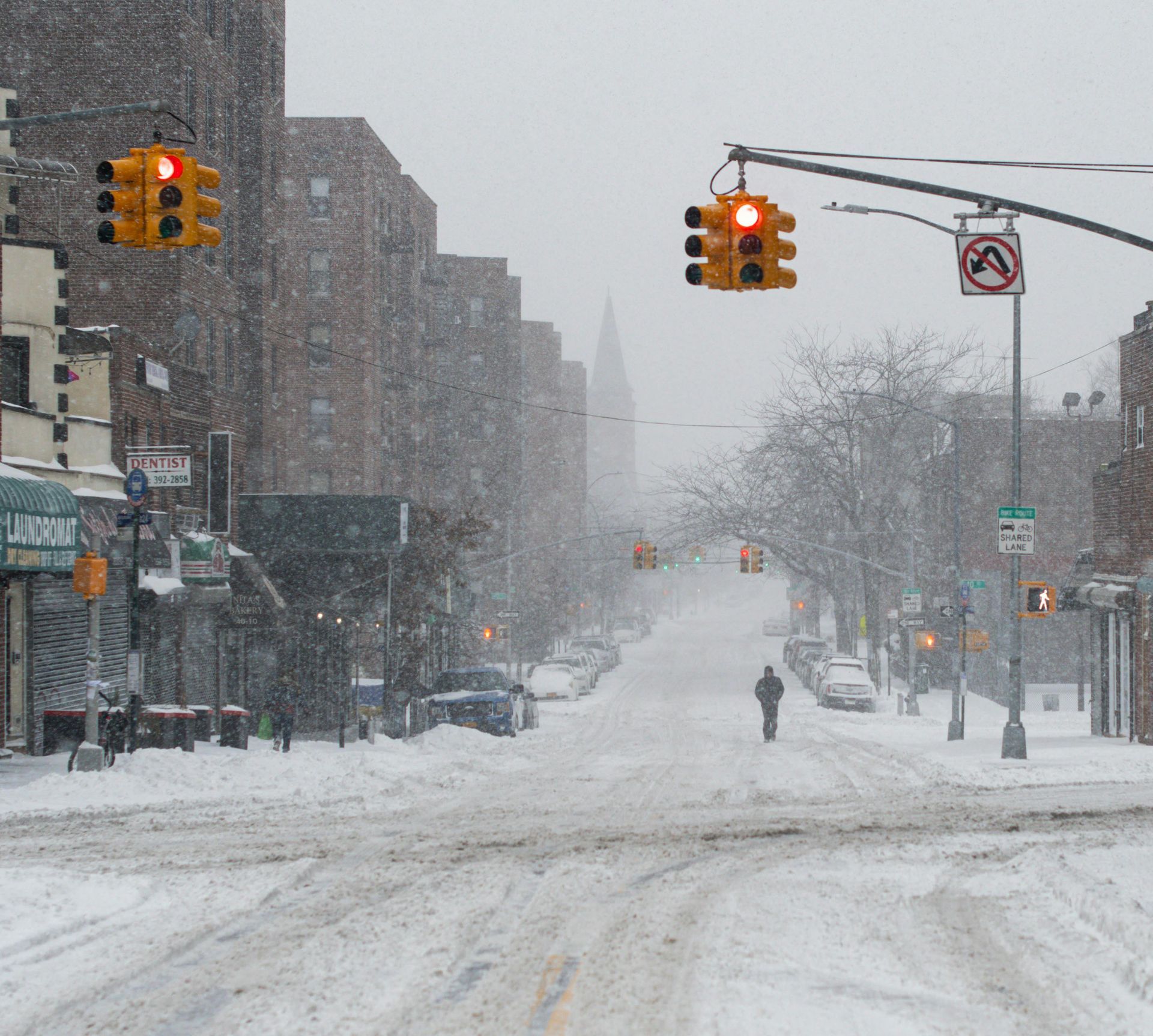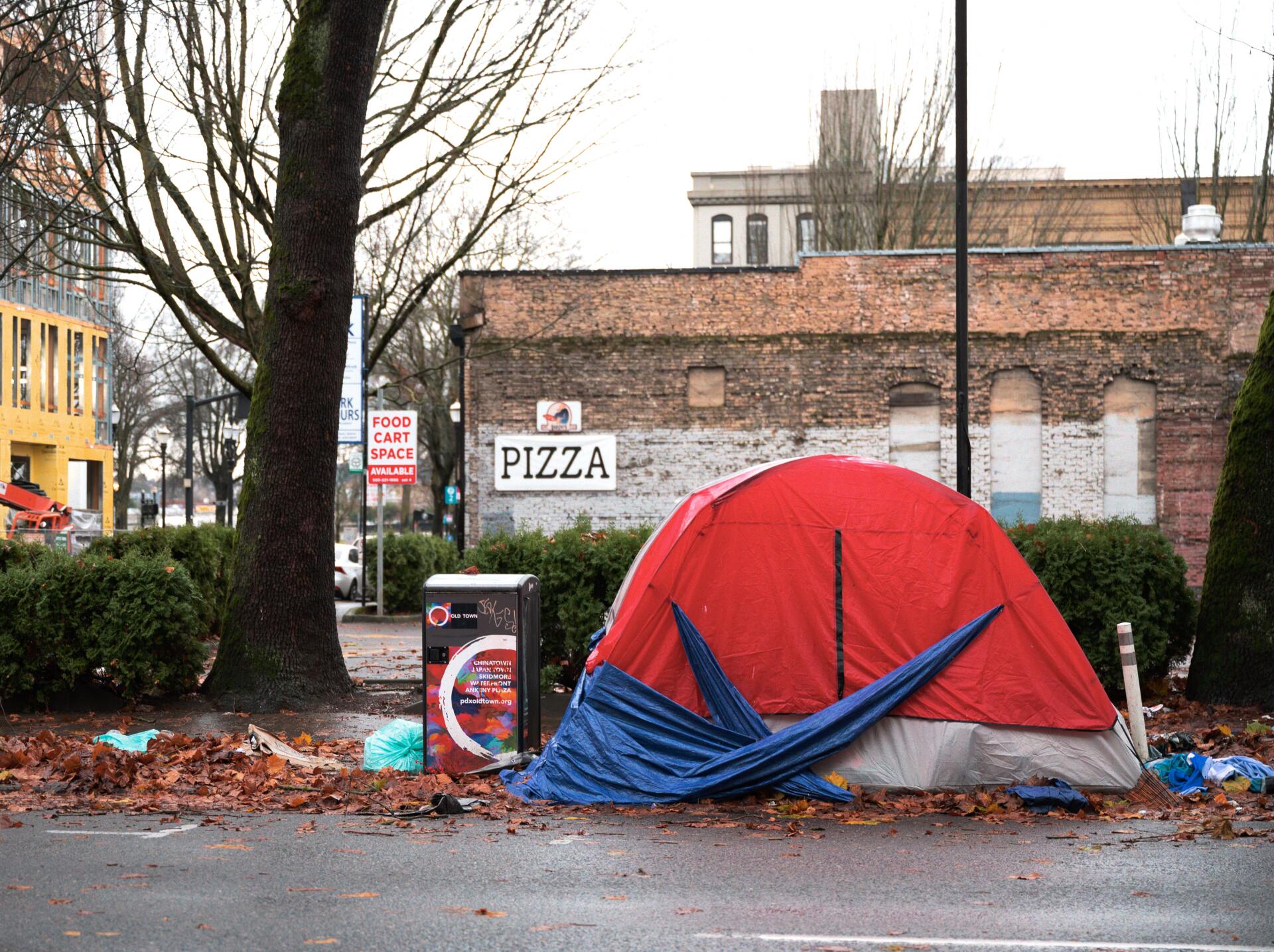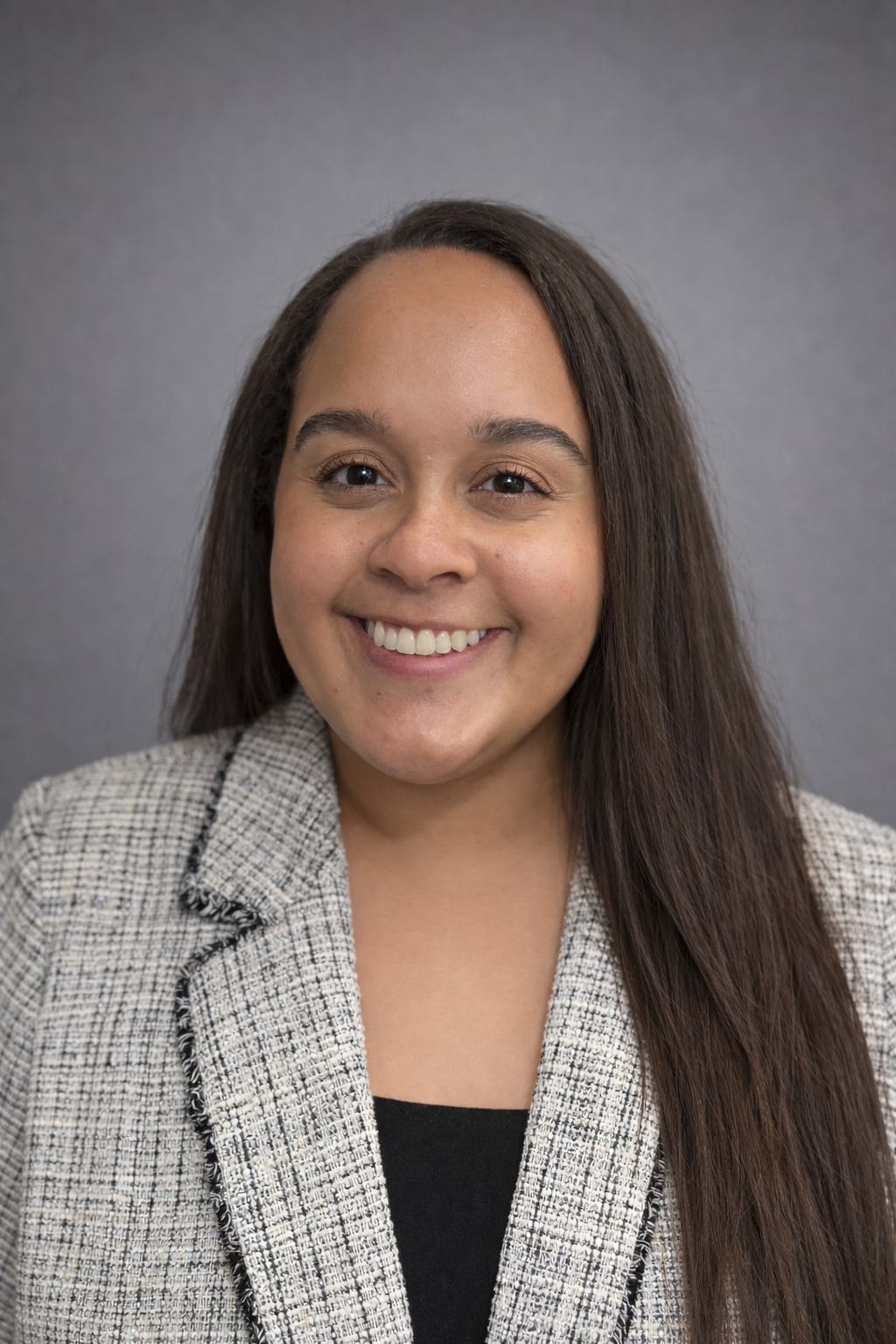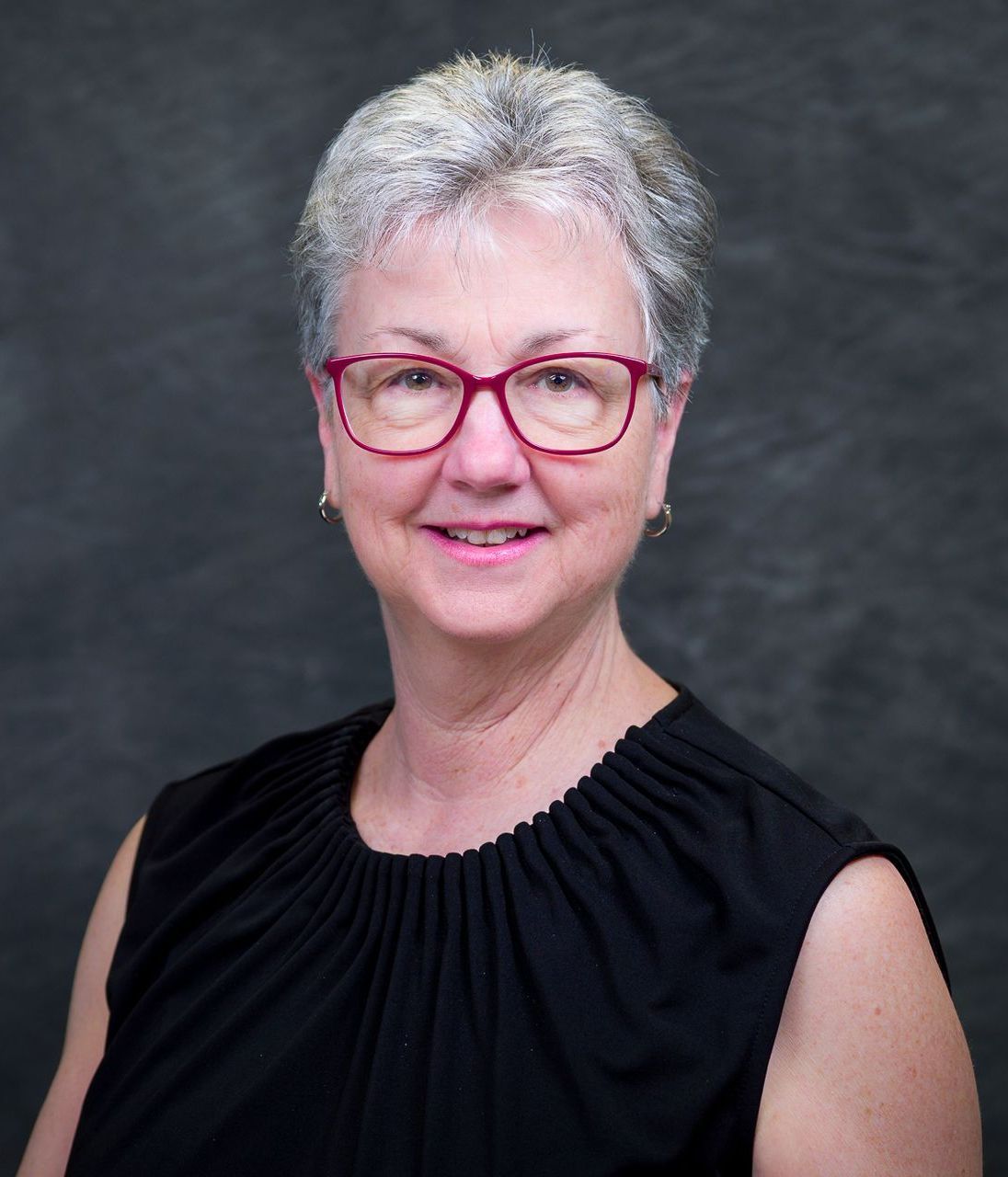Staff Spotlight: Frances Marie Pugh
"In every aspect of homeless services, the principal question is always how decisions will impact someone who is currently experiencing homelessness."
Q: How did you get into homeless services as a field of work?
A: I started in homeless services as an AmeriCorps VISTA through Virginia Housing Alliance. My background is in economics, public policy, and direct service through volunteerism, so homeless services turned out to be an unexpectedly natural fit!
Q: What’s your job at Homeward and has it evolved since you first joined?
A: When I first started at Homeward, my role was a little bit of everything. I found my niche in writing coordinated funding applications and have helped our community secure an additional $3.8 million in competitive funds dedicated to homeless services. In my current role, I mostly focus on ways to improve the efficiency and efficacy of coordinated funds in our community, in addition to supporting our competitive funding competitions and grants administration.
Q: What are some parts of your job that you enjoy?
A: I most enjoy the opportunities that I have to be in-person with our partners! In my role, I see the system from a very different perspective than from those on the ground doing the work, so it’s incredibly valuable to me to learn from our partners and the amazing professionals who serve in contexts that I don’t normally see.
Q: Is there anything you wish more people knew or understood about homeless services as a field of work?
A: As a field of work, I wish that more people understood just how person-centered the work is. In every aspect of homeless services, the principal question is always how decisions will impact someone who is currently experiencing homelessness, especially in policy and funding decisions.
Q: What motivates you?
A: I am motivated by the knowledge that the work we do at Homeward makes a positive difference in the lives of our neighbors experiencing homelessness, both presently and in the future. I also am motivated by the hope that the work we do will not only reduce the total number of people experiencing homelessness in our region, but strengthen our community’s integrated safety net resources to respond when someone experiences a housing crisis at any level.

